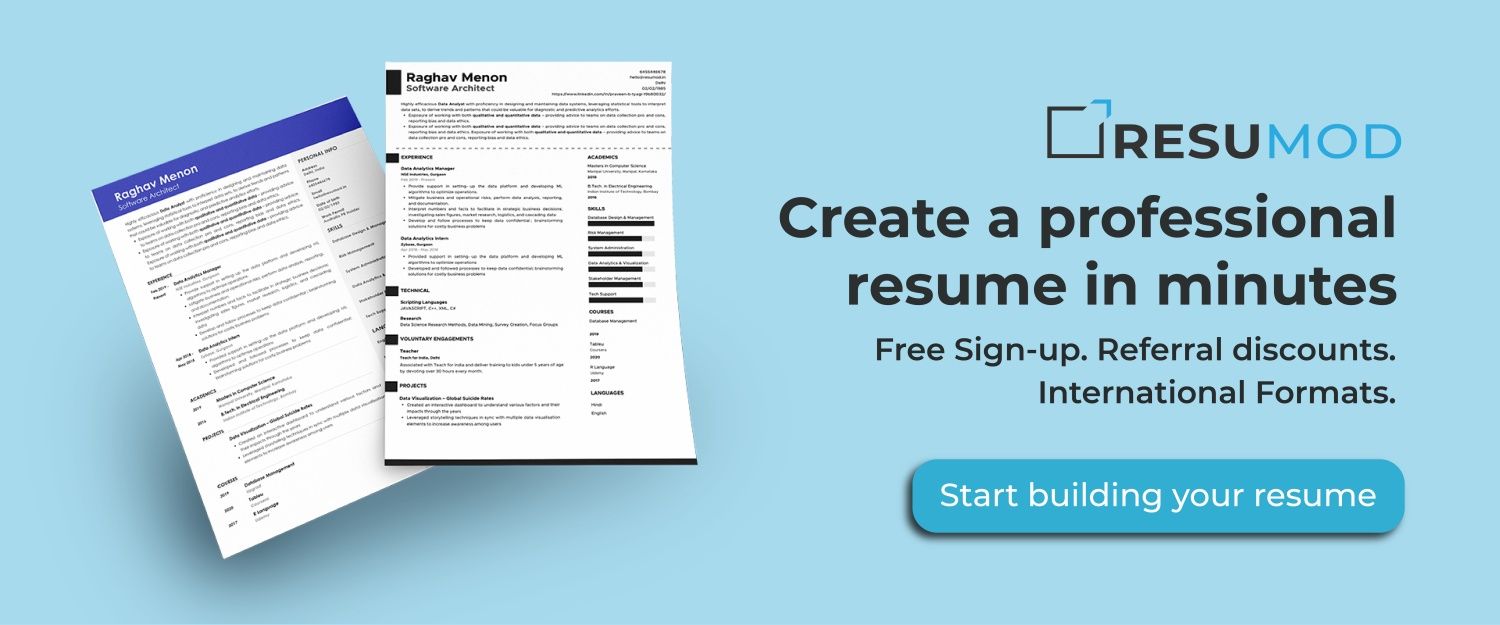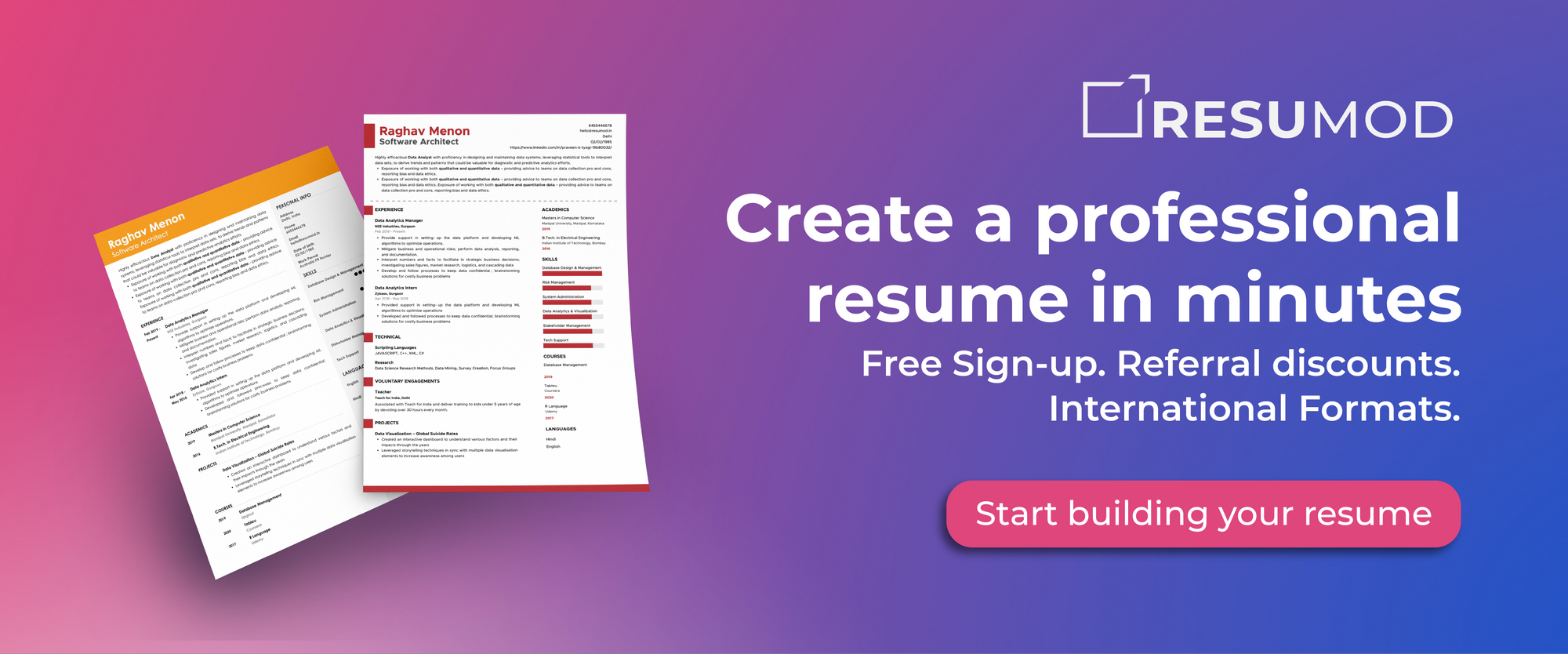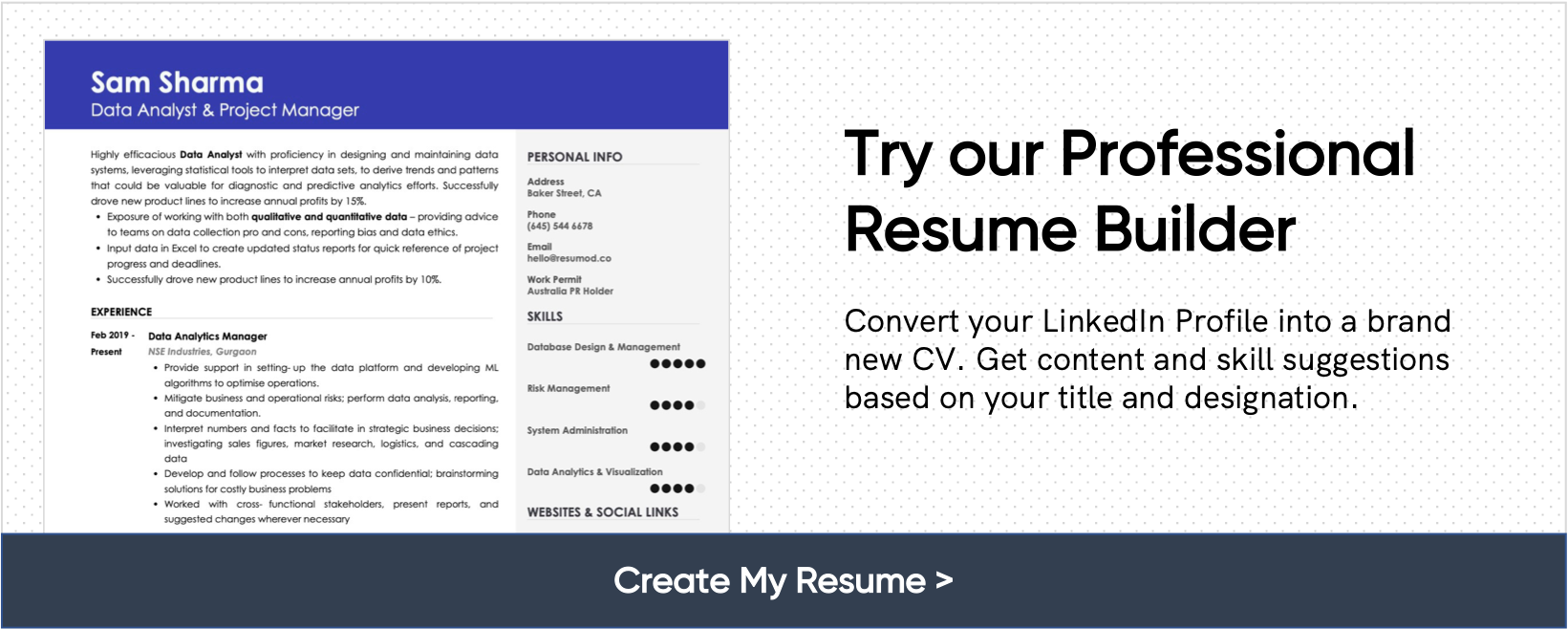Should You Use AI to Write Your Resume in 2025? Here’s What Works and What Doesn’t
The idea is tempting - type in a few details, click a button, and get a polished document that supposedly beats applicant tracking systems and impresses hiring managers.
In 2025, you can order groceries, plan trips, and even design a kitchen with the help of artificial intelligence. So, it is no surprise that job seekers are also turning to AI to create their resumes. The idea is tempting - type in a few details, click a button, and get a polished document that supposedly beats applicant tracking systems and impresses hiring managers.
But here is the problem: while AI can be an incredibly helpful tool, it can also create generic, inaccurate, or even misleading resumes if not used carefully. The difference between a resume that opens doors and one that lands in the ‘no’ pile often comes down to how you use the technology — and how much of yourself you keep in the process.
This is not just a debate about technology. It is about trust, authenticity, and understanding what really matters to employers.
The Benefits of Using AI for Your Resume
When used thoughtfully, AI can save time and help you organize your ideas. Here are some of its strongest advantages:
Quick Drafts and Structure
One of the hardest parts of writing a resume is staring at a blank page. AI tools can generate a starting point in seconds, giving you a basic layout, section suggestions, and even sample phrasing. This helps you move past the ‘where do I begin?’ stage and focus on refining your content.
Idea Generation
AI can help you remember skills, achievements, and action verbs you might have forgotten. For example, if you worked in customer service, an AI tool might suggest points about conflict resolution or upselling that you had not considered including.
Tailoring for Different Roles
Customizing your resume for each job is important, but it’s also time-consuming. AI can scan a job description and recommend adjustments to match the role, such as emphasizing certain skills or rearranging sections for better alignment.
The Limitations You Can’t Ignore
While AI can help, it’s not a magic wand. If you rely on it entirely, you risk creating a resume that feels empty or inaccurate.
Generic Language
AI-generated resumes often rely on safe, overused phrases like ‘results-oriented professional’ or ‘hard-working team player.’ These lines are so common that hiring managers skim past them without a second thought.
Inaccurate or Exaggerated Claims
Because AI doesn’t ‘know’ you, it sometimes fills gaps with assumptions. You might end up with a bullet point describing an achievement you never actually had — not because you lied, but because the AI guessed. This can backfire in interviews when you’re asked to elaborate.
Lack of Personality
Hiring managers do not just want a list of skills. They want to understand your approach, your values, and how you solve problems. AI can struggle to capture the personal touch that shows you’re a real human who will fit into a team.
What Works: How to Use AI Wisely
If you decide to use AI for your resume in 2025, think of it as a helpful assistant, not a ghostwriter.
Start with Your Own Notes
Before touching an AI tool, write down your career highlights, skills, and responsibilities in your own words. This ensures the core information is accurate and personal. Then, feed this into the AI to help organize and polish it.
Edit Ruthlessly
Once the AI gives you a draft, go through every line and ask yourself:
- Is this true?
- Does this reflect my real experience?
- Could I explain this in an interview?
If the answer to any of these is ‘no,’ change it.
Keep the Human Voice
Replace generic AI phrases with ones that sound like you. Instead of ‘results-oriented professional,’ you could say, ‘Consistently met or exceeded sales targets for five consecutive years.’ The second statement is both specific and believable.
Use AI for Tailoring, Not Storytelling
AI is great for helping you match keywords to a job description. Let it suggest where to highlight certain skills or reorder sections. But the core story - who you are, what you’ve done, and why it matters - should come from you.
What Does not Work: The Mistakes to Avoid
Even with the best intentions, some job seekers misuse AI in ways that harm their applications.
Copy-Pasting Without Review
This is the fastest route to a resume that looks fake. Recruiters can spot AI-generated content that has not been edited - it is often too vague, too perfect, or too similar to dozens of other resumes they have read.
Relying on AI for Achievements
AI cannot invent your achievements. If you do not give it specific results, it will create generic ones. Your resume will be stronger if you supply the facts - like ‘Reduced processing time by 30%’ — and let AI help refine the wording.
Ignoring Formatting and Design
Some AI tools output resumes with clunky formatting that does not read well on screens or in applicant tracking systems. Always check how your resume looks in different formats, and consider using a clean, professional template.
The Hybrid Approach: Best of Both Worlds
The most effective resumes in 2025 are not fully AI-written or fully human-written - they’re a mix. You can let AI handle the repetitive or mechanical parts, like aligning skills to a job description or suggesting section headings, while you focus on telling the unique parts of your career story.
This hybrid approach saves time without sacrificing authenticity. It ensures your resume is keyword-friendly for technology but still compelling for the human beings who make hiring decisions.
Final Thoughts
AI is a powerful tool for resume writing, but it is only as good as the information and direction you give it. If you treat it like a shortcut to avoid thinking about your career, you will get a bland, forgettable document. If you treat it like an assistant that helps you organize and enhance your own ideas, you’ll end up with a resume that is clear, accurate, and uniquely yours.
In 2025, hiring managers still want to see the human behind the document. Use AI to speed up the process and refine the details, but make sure your own voice and story shine through. Because at the end of the day, a machine can write the words - but only you can make them mean something.



